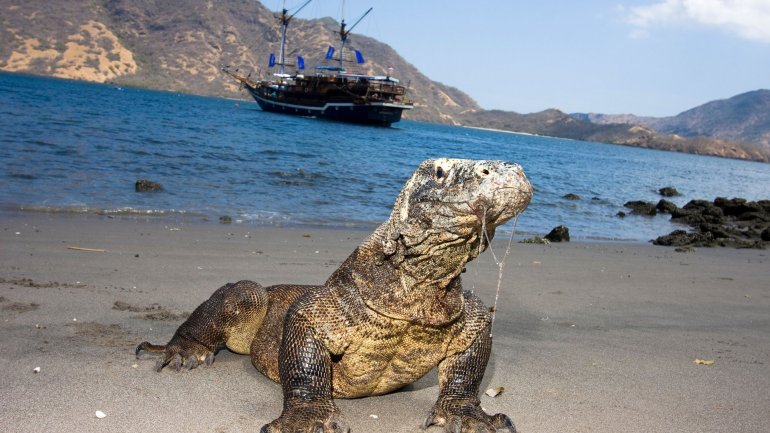Study: More than 100 natural world heritage sites affected by human activity
 foto: Alamy
foto: Alamy
More than 100 of the world’s most precious natural assets are being severely damaged by encroaching human activities, according to a study examining direct human footprints and forest losses.
Natural world heritage sites are are identified by Unesco and include 229 sites around the world that are considered to have “outstanding universal values” that transcend national boundaries.
But, according to the new study, 63% of sites that could be analysed had experienced an increase in human pressures including encroaching roads, agriculture, infrastructure and settlements since 1993.
And, of the natural world heritage sites that contain forests, 91% of those analysed experienced some loss of those forests since 2000, informs The Guardian.
Asia was home to sites with the most intense increases in human pressure, with the Manas wildlife sanctuary in India having the biggest jump.
Listed as a world heritage site in 1985, the sanctuary is in the foothills of the Himalayas. Its wooded hills, grasslands and tropical forests host many endangered species including the tiger, pygmy hog, Indian rhinoceros and Indian elephant.
The Komodo national park in Indonesia, home to about 5,700 Komodo dragons that exist nowhere else in the world, also underwent one of the biggest increases in human pressure.
Human pressure on natural world heritage sites increased on all continents except Europe, where it decreased significantly. The authors said this was “encouraging” but noted it should be interpreted with care since the analysis did not directly measure threats such as wildlife poaching, tourism pressure and rapid climate change.
Forest loss in natural world heritage sites was experienced on every continent, with the worst losses in North America and Australia. Losses of forests in North American world heritage sites was so severe, it accounted for 57% of forest loss in world heritage sites globally.
The researchers said the forest losses in North America were probably mostly caused by pine beetle outbreaks, which are exploding as a result of climate change.
The study was published in the journal Biological Conservation.
Environment
- Babies remember their birth language - scientists
- Study: Eating hot chili peppers may help you live longer
- Archaeologists discover long house in Moldova, dating back to Neolithic
- Girls lose faith in their own talents by the age of six, researchers say
- Gagauz kids like learning official Romanian in nurseries
- Natural reservation in Moldova, likely to become part of world heritage